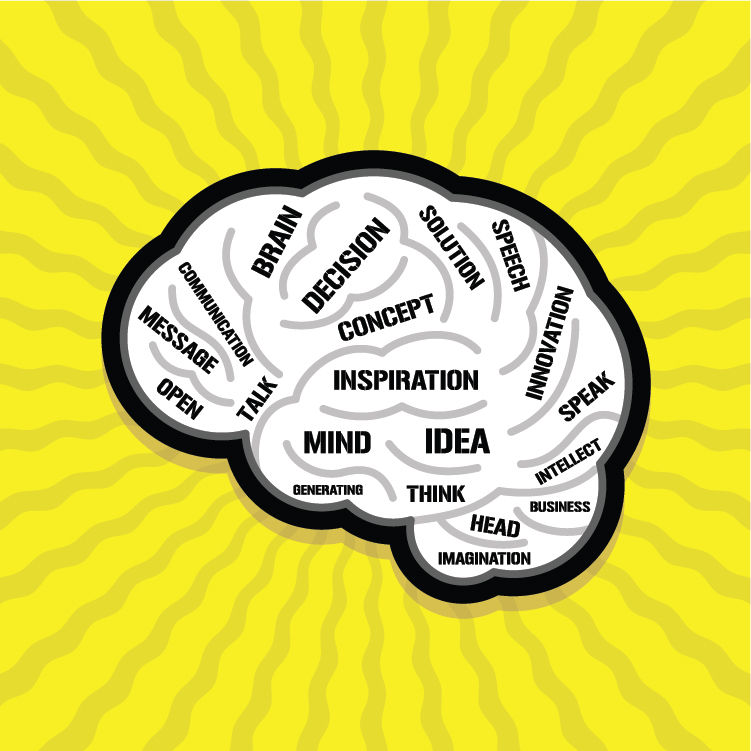CONATIVE vs. COGNITIVE: Unleash Your Natural Talents with The Conative Process
- lexi598
- Feb 28, 2023
- 2 min read
The Conative Process
Our specialized Black Progress College Advisory Program has been proven over the last ten years by taking Black Scholars from doubts and uncertainties to clarity and confidence. Our Black Progress Proprietary Conative Assessment and Discovery Process is the nucleus of our entire program. It is the difference maker as we venture into the more applicable steps of gaining admission and financial grants to the Black Scholars' chosen universities.
Our Conative Assessment evaluates how the brain functions effectively in different tasks, roles, responsibilities, conversations, functions, courses, and confidence. There are three components [Cognitive, Affective, and Conative] that, when in sync, make us the best versions of ourselves. Unfortunately, until now, the world of personality/talent assessment has been focused on only two of these areas.
Cognitive The cognitive area of the brain stores knowledge and enables reasoning and thinking skills. It is the most trainable part of the mind and is integral to understanding one's abilities.
Affective The affective area of the mind is responsible for emotions, attitudes, beliefs, and desires. Traditional assessments often measure competency based on this area, but emotions are constantly changing and can lead to bias.
Conative The conative area of the brain houses innate forces and instincts, which, when combined with cognitive and affective functions, lead to success. This area is often overlooked in education and personal development.
The BP College Advisory Program’s proprietary Conative assessment helps students recognize their natural abilities in the following four zones:
Fact-Finder How much information do we instinctively need to know in order to feel confident or authoritative over a particular topic or subject? The difference between functioning in predominantly research-focused environments versus those catering to more qualitative, hands-on learning.
Follow-Thru We all have different preferences concerning how we handle systems, directions, and organization. Here we look at whether our Scholars thrive in more adaptive environments, to the ones who prefer to be in situations, classes, and course work that is more systematized.
Quick-Start Our instincts towards risk and uncertainty. In life, everyone will have to face risks; they will have to make impactful decisions that rely on their intuition. The Quick-Start measures for Scholars' instinctive preferences to stabilize these risks to get life back on their planned track or their ability to improvise in these situations. While there is no correct way to respond to these situations, understanding the instinct for reaction allows us to look at career paths tailored to the Scholars' specific talents.
Implementor When narrowing down Scholars' potential future careers, the implementor line measures whether they instinctively prefer tasks and work that are more tangible or intangible. In other words, are they more apt for jobs that tailor them to be instinctively creative or hands-on?
By going through this situational assessment and thoroughly explaining their individual results, Scholars build trust in our process before exploring their individually matched results for career paths, potential college majors, and university matches.



![Glassdoor Chief People Officer on Working with Black Progress Executive Staffing [BPX]](https://static.wixstatic.com/media/9694a6_f1ee2a267aca4b77bf862bb454f5d5b4~mv2.gif/v1/fill/w_980,h_737,al_c,usm_0.66_1.00_0.01,pstr/9694a6_f1ee2a267aca4b77bf862bb454f5d5b4~mv2.gif)

Comentários